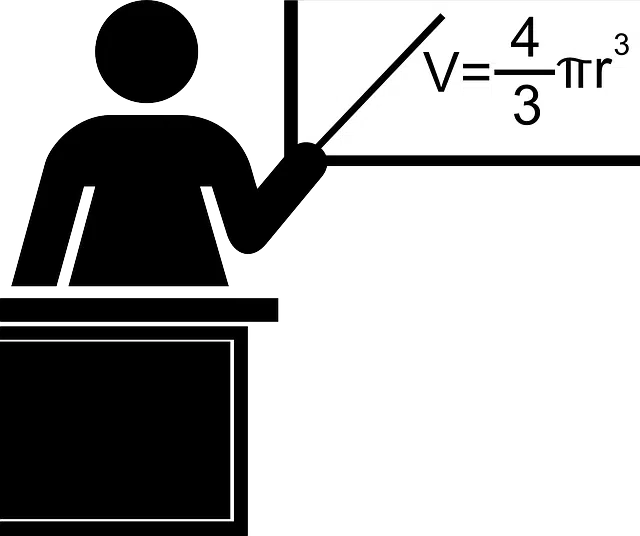
The exact sciences are also known as fundamental, pure or hard sciences.
Disciplines that are based on observation and experimentation to create knowledge and whose contents can be systematized using mathematical language are known as exact sciences , hard sciences , pure sciences or fundamental sciences . This group differs from the applied sciences due to the practical nature of the latter.
Precision and rigor are two of the main characteristics of the exact sciences, a branch where the most rigorous scientific method is used to test hypotheses. These sciences seek the irrefutability of their postulates using quantifiable and objective predictions.
Types of exact sciences
Likewise, it is interesting to mention that it is possible to distinguish between experimental and non-experimental exact sciences . In the first group are those that can demonstrate their hypotheses through experiments.
The non- experimental exact sciences, on the other hand, focus on ideal objects . Starting from some axioms , experts develop deductions that are not supported by sensible reality.
The importance of axioms
These disciplines , therefore, can be carried out from a process of logical deduction of novel statements driven by already known axioms or through the contemplation of new axioms, which cannot be derived from existing ones but do not contradict them either.
It is important to keep in mind that these axioms are not considered true or false, but rather consistent. This is more easily understood when thinking that the knowledge provided by mathematics , physics or chemistry , among other exact sciences, is judged for its coherence and validity.

Chemistry is part of the experimental exact sciences.
The exact sciences and everyday life
When talking about intellectual abilities , people in Western societies are usually divided into two groups: those who have a facility for mathematics, and those who hate it. But this goes beyond mere interest, since individuals who claim to hate numbers are easily stunned by a simple account, be it an addition or a subtraction, and avoid by all means direct contact with exact questions, leaning by subjective appraisals.
The exact sciences, where mathematics stands out, usually confront literature. However, if you carefully observe the life of a representative of each group, you will probably find many situations in which they make use of the subject for which they claim to have not been born.
In principle, our brain is much more complex than most people believe and it is very imprecise to believe that it has or does not have the capacity for a certain discipline . Innumerable operations are carried out in it of which we are not aware; For example, while we walk, we make various constant measurements and controls to maintain balance and not collide with other beings or objects. Analysis of speed, acceleration, anticipation of potential impacts, search for reactions necessary to avoid obstacles, all this happens every time we move, prepare a cake, enjoy a coffee or pick up a pencil to write a story.
Mental processes that amalgamate
If a poet did not understand mathematics, he would not be able to measure his verses, and if his brain was incapable of processing physics concepts, he would not be able to walk through a forest in search of inspiration, or sit on a rock to admire the majesty of the sea. In the same way, those people who escape from literature tend to be the ones who read the most, since they spend long hours educating themselves through books and digital material. They require the written word to receive knowledge from other times and to bequeath their discoveries to future generations.
This confrontation is even more absurd when men are opposed to women and it is assured that they present structural differences that lead them to one interest or another, since the immense influence of culture , which is mainly responsible for tastes and the vocations.
